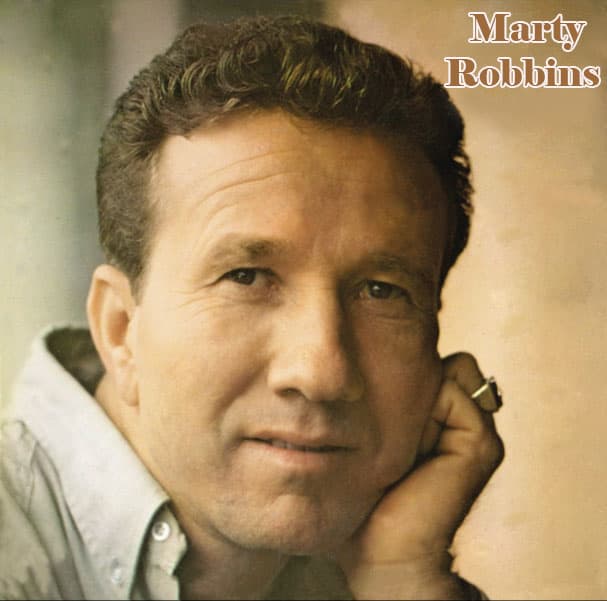
“Don’t Make Me Ashamed”: A Timeless Plea for Redemption and Unconditional Love
Ah, Marty Robbins. Just hearing that name conjures up images of wide-open spaces, a cowboy hat tilted just so, and a voice that could carry you from the dusty plains to the inner workings of a man’s heart. He was a true musical chameleon, wasn’t he? From the epic “gunfighter ballads” that painted vivid pictures of the Old West to sweet, unassuming love songs, Marty had a way of touching the soul. And tonight, we’re going to step back in time to a simpler tune, one that might not be as widely known as his chart-topping Western anthems, but nonetheless holds a deep, resonant truth: “Don’t Make Me Ashamed.”
Released in 1953 as the B-side to “It’s A Long, Long Ride” on Columbia Records (catalog number 4-21176), “Don’t Make Me Ashamed” wasn’t a huge chart-buster in the way some of his later, more famous singles would be. This was still early in Marty Robbins’ prolific career, a mere two years after he signed with Columbia. He was just beginning to find his footing, transitioning from local Phoenix radio and TV sensation to a burgeoning national star. While he had already started to gain recognition on the country charts with hits like “I’ll Go On Alone,” his massive crossover success with songs like “Singing the Blues” and the iconic “El Paso” were still a few years off. Yet, even in these nascent recordings, the undeniable talent and heartfelt sincerity that would define his legacy were already abundantly clear.
The story behind “Don’t Make Me Ashamed” is less about a dramatic historical event or a sweeping narrative, and more about the quiet, universal anxieties of the human heart. It’s a song that speaks to a common fear, one that many of us, especially as we gather more years and wisdom, can truly appreciate: the fear of disappointing someone we love, of failing to meet their expectations, or, worst of all, of doing something that makes them feel ashamed to be associated with us. The lyrics are a tender, almost pleading request from one lover to another, asking for patience, understanding, and continued belief. It’s a confession of vulnerability, a recognition of human imperfection, and a heartfelt desire to always be worthy of affection.
The meaning of “Don’t Make Me Ashamed” lies in its raw, unfiltered emotional honesty. It’s a prayer, in many ways, for grace and forgiveness within a relationship. The singer acknowledges his flaws and the possibility of stumbling, but he begs his beloved not to let his actions cast a shadow upon their love or, more poignantly, upon her standing in the world. Imagine the era in which this song was released—the 1950s, a time when social norms and appearances often held significant weight. For a man to admit such a fear, to expose his own potential for weakness, was a testament to the depth of his feelings and his genuine concern for the woman he cherished. It wasn’t about a grand romantic gesture, but about the quiet dignity of mutual respect and unwavering support.
Listening to Marty Robbins’ delivery, you can almost feel the tremor in his voice, the earnestness of his plea. His baritone, already rich and imbued with a gentle melancholy, conveys a sense of humility and hope. It’s not a song of accusation or blame, but of shared responsibility and the unspoken promise that true love endures even through life’s inevitable challenges. For those of us who have lived a little, loved a lot, and perhaps stumbled along the way, “Don’t Make Me Ashamed” resonates with a profound understanding of what it means to truly care for another, to want to be their pride, not their regret. It’s a testament to the enduring power of unconditional love, a gentle reminder that sometimes, the greatest strength lies in admitting our weaknesses and trusting in the unwavering embrace of those who truly know and accept us. And that, my friends, is a melody that never fades.